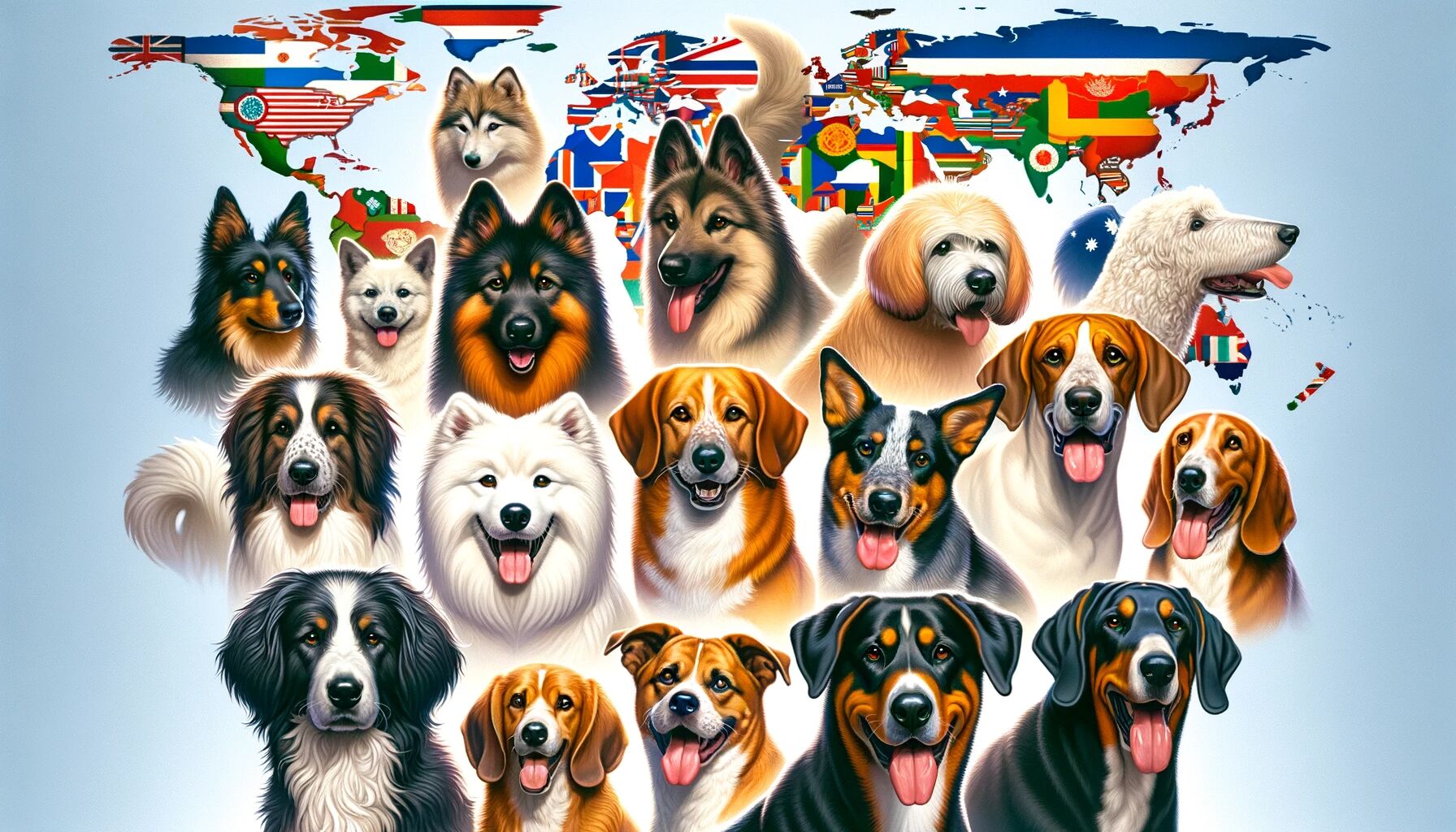Introduction
The Dachshund, also affectionately known as the 'wiener dog,' is a breed that captures hearts with its distinctive long body and short legs. Beyond their unique appearance, Dachshunds possess a vibrant personality packed with charm and spunk. This article delves into the world of Dachshunds, highlighting their endearing qualities and spirited disposition.
History and Origin
Dachshunds have a storied history that dates back to 15th century Germany, where they were bred for hunting. Their elongated body and short stature were ideal for burrowing into dens to chase after badgers. This hunting heritage contributes to their fearless and tenacious nature, traits that are still evident in the breed today.
Originally bred in two sizes, standard and miniature, Dachshunds were not only used for hunting larger game like badgers but also for smaller prey such as rabbits. Their versatility and determination made them a prized breed among hunters, and this versatility continues to define them in various roles.
Temperament and Personality
Dachshunds are known for their bold and lively personality. They are curious and adventurous dogs, often fearless in the face of challenge. This bravery, combined with a playful spirit, makes them delightful companions, although their stubborn streak can pose a challenge in training.
Despite their small size, Dachshunds have a big bark and aren't afraid to use it. They are alert and make excellent watchdogs. However, they are also affectionate and loyal, forming strong bonds with their families. Socialization and training from a young age are key to tempering their strong-willed nature and ensuring they are well-adjusted pets.
Care and Health
Dachshunds require special attention to their unique physique. Their long spine makes them prone to back issues, so it's important to avoid activities that can strain their back and to maintain a healthy weight to reduce stress on their spine.
Regular exercise is important for this energetic breed, but it should be moderated to avoid overexertion. Nutrition plays a crucial role in maintaining their overall health, especially to prevent obesity, which can exacerbate spinal issues. Regular veterinary check-ups are essential to monitor their health and address any breed-specific concerns.
Dachshunds in Modern Life
In modern life, Dachshunds have transitioned from hunters to beloved family pets. They adapt well to various living environments, including apartments, as long as their exercise needs are met. Their charming nature and distinctive appearance have also made them popular in media and culture, symbolizing their enduring appeal.
Dachshunds thrive on companionship and enjoy being involved in family activities. Their intelligence and playful demeanor make them suitable for various dog sports and activities, although their training should always consider their physical limitations.
Conclusion
The Dachshund is a breed that defies its small size with a large and vivacious personality. Their unique combination of bravery, playfulness, and loyalty makes them more than just a pet; they are companions with a rich history and a distinctive charm. Understanding and meeting their specific needs can lead to a rewarding and joyful relationship with these small dogs with big personalities.


 Breeds of the World
Breeds of the World